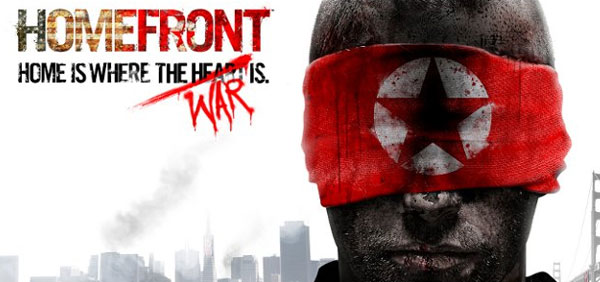
[EDITOR’S NOTE: This article was originally posted on G4tv.com and a portion of this has been reposted here with permission.]
When Homefront was announced as an game about a North Korean invasion on American soil, I had to roll my eyes. Here was yet another instance of “Yellow Peril,” where Asians are painted as the ultimate enemy by the entertainment industry, and this time, we were threatening precious American freedom. We’ve already dealt with enough problems from Hollywood, from the stereotypical portrayal in movies (will the images of Long Duck Dong from 16 Candles ever die?) to the lack thereof when we expect it (e.g. the white-washing of Shyamalan’s The Last Airbender or even in Prince of Persia video games).
Homefront seemed the culmination of our worst fears as Asian Americans: A first person shooter game where civic duty was fulfilled by shooting at a parade of enemy Asians–in other words, faces that look just like us. We could live with battling the Imperial Japanese army in Call of Duty: World at War since it was within a historical context, but Homefront illustrates a current foreign policy nightmare: an invasion by a menacing North Korea, a mysterious country that nowadays makes headlines for their nuclear weapons program. In this game, we would be subjected to violent imagery against people of our own race to save the good ol’ US of A. Would Homefront perpetuate antagonism against Asians and Asian Americans, two different demographics that are often lumped together by the entertainment industry?
I reached out to Tae Kim at Kaos Studios, a former CIA Field Officer who was hired as a consultant for Homefront and—as far as I know—the only Asian American face publicly linked to the game. I was interested to see Kim’s relationship to a title that ignited concerns from the community and his opinions about working with such delicate issues.







